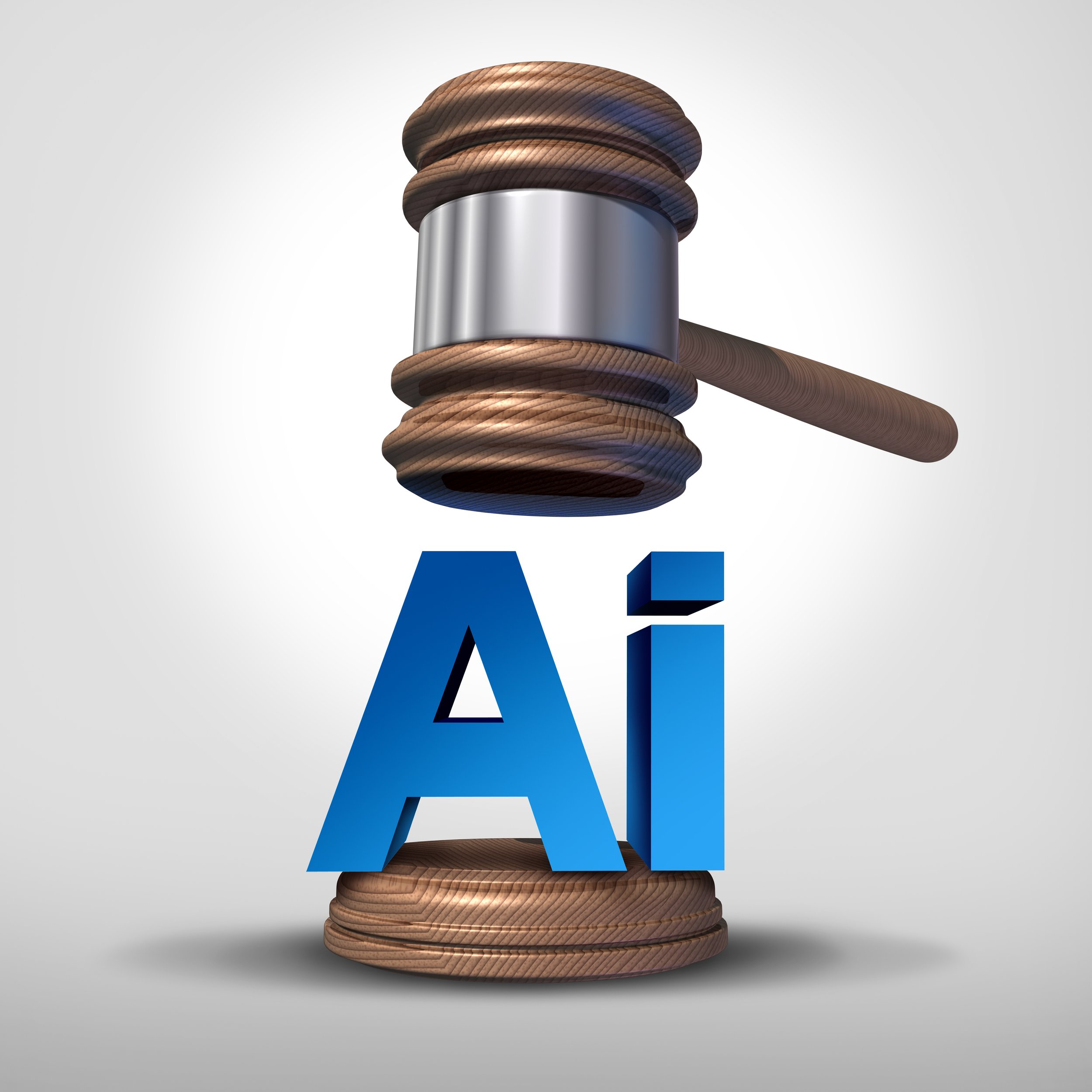What I learned about AI Use in Legal Practice at the D.C. Bar's Artificial Intelligence & Chatbot Summit!
/What Can AI & Chatbots do and not do?
Last week, I had the opportunity to attend the D.C. Bar Artificial Intelligence & Chatbot Summit. Experts discussed the implications of AI in the legal sector. Fastcase CEO, Edward J. Walters, warned about the dangers of relying too heavily on AI tools like ChatGPT. He cited an incident where an attorney, Steven Schwartz, used ChatGPT to generate a legal brief, which later turned out to contain six fictitious case citations. Walters emphasized that while AI can provide answers, it doesn't necessarily ensure the truth or accuracy of those answers.
Keynote speaker William Eskridge Jr. from Yale Law School delved further into the capabilities and limitations of AI tools like ChatGPT. While AI can perform tasks like finding resources and making predictions, it struggles with tasks like reasoning by analogy. Eskridge believes that AI can be a valuable tool for legal research, providing valuable information but not necessarily the final answer.
Enjoying myself at the Summit!
Previous Podcast Guest Carolyn Elefant, founder of the Law Offices of Carolyn Elefant and blog master at MyShingle.com, highlighted that there are AI tools superior to ChatGPT, such as Casetext's CoCounsel, LawDroid, and Clearbrief. She stressed the importance of using legal training alongside AI, noting that while tools like Google can provide general information, they cannot replace specialized legal databases like Westlaw or Fastcase.
There are professional ethics considerations when using AI & Chatbots!
On the ethical front, lawyers were reminded of their obligation to stay updated with technological advancements. (Remember ABA Model Rule 1.1[8]) Hilary P. Gerzhoy, vice chair of the legal ethics and malpractice group at HWG LLP, emphasized that ignorance of technology is no longer a viable defense. She also highlighted the importance of understanding AI systems, ensuring client confidentiality, and considering the implications of AI on billable hours. Meanwhile, Julienne Pasichow, an associate at HWG LLP, reminded us to protect client confidentiality and personal information when using these tools. See ABA Rule 1.6.
Hope Todd from the D.C. Bar highlighted the ongoing efforts to amend rules related to the unauthorized practice of law (UPL) to facilitate AI experimentation. The D.C. Bar is also actively educating its members about AI and is open to collaborating with schools to innovate legal services using AI.
How AI Will Revolutionize the Legal Profession?!
How should the use of AI. in the legal profession be regulated?
Eskridge predicts significant changes in the structure of law firms. He envisions a shift from the traditional hierarchical model to one where partners collaborate closely with technologists, consultants, and other attorneys. This change could challenge jurisdictions where non-lawyers cannot hold equity in law firms. However, it could benefit places like the District of Columbia, which allows lawyers to partner with non-lawyers under certain conditions.
Eskridge also emphasized the potential of AI in expanding access to justice. He noted that many litigants today lack legal representation and urged the legal community to innovate and provide more people with access to quality legal advice through AI.
My concluding thoughts! 🧐
I had a great time at the summit! The DC Bar was a great host, and I enjoyed hearing and meeting up with my colleagues. I think it was beneficial for any attorney, regardless of tech skills. Attorneys need to remember that while ChatGPT, Chatbots & AI will not replace lawyers, lawyers who do not use AI will be replaced by those lawyers who do! 😬












